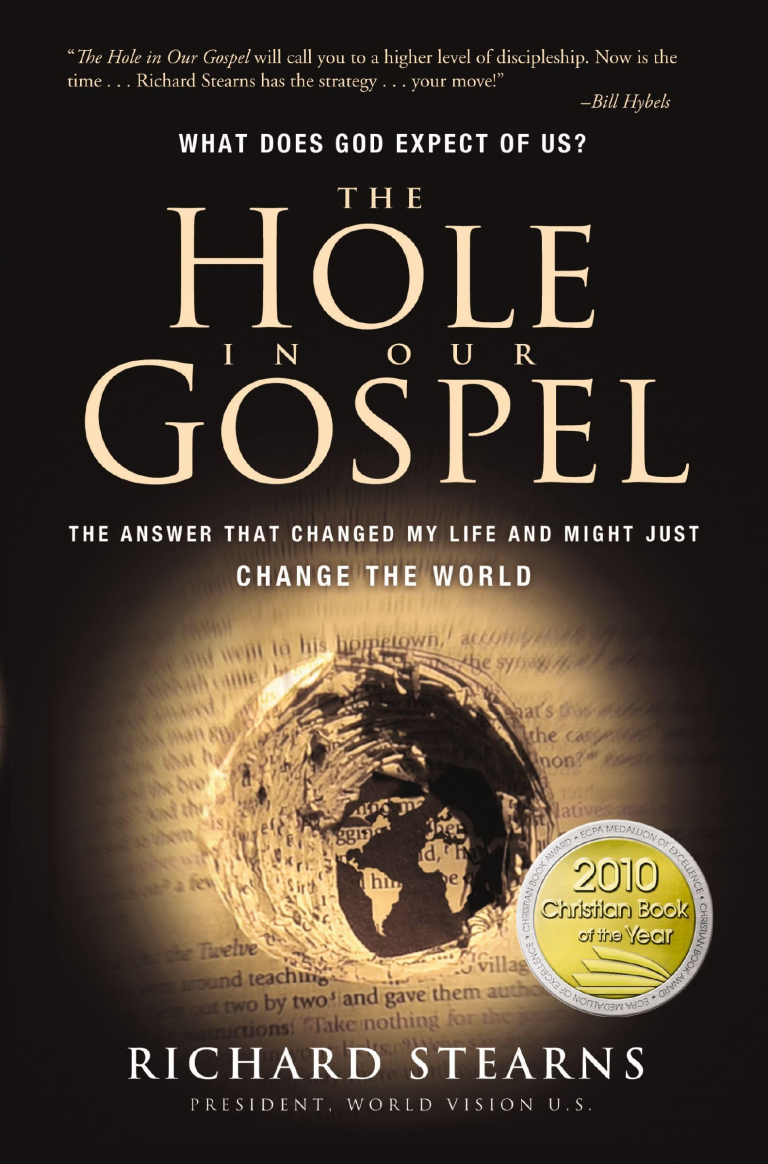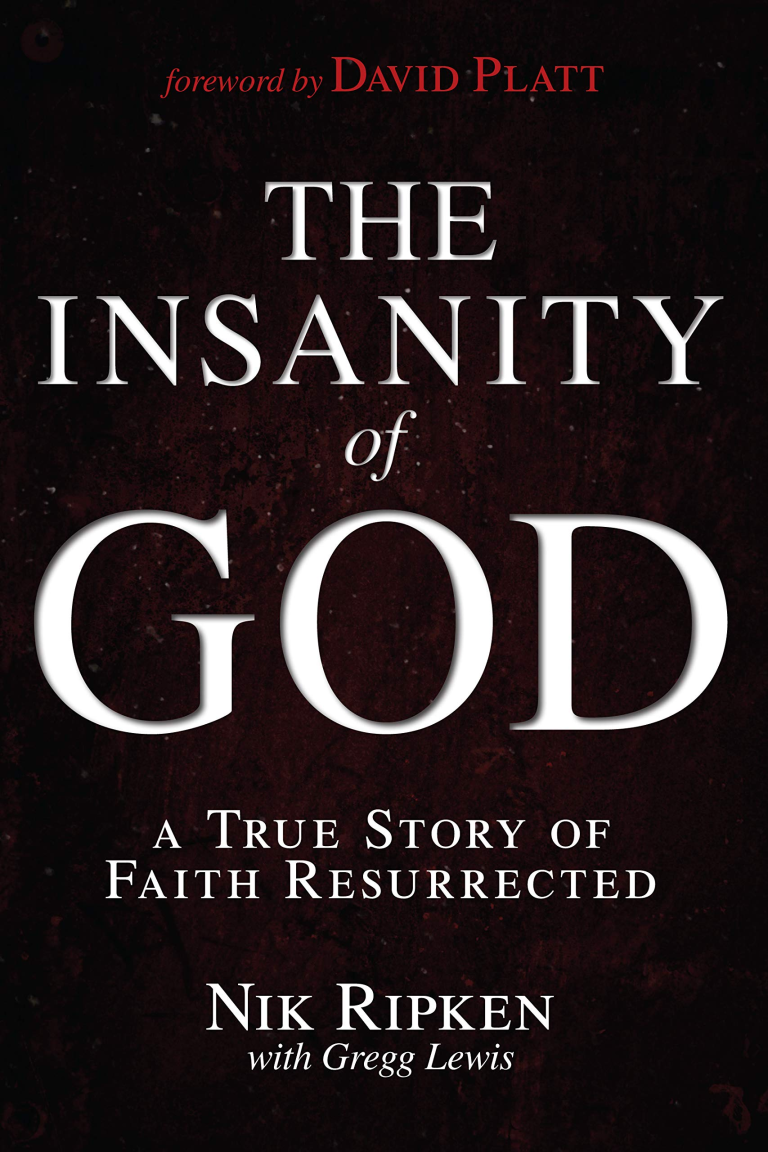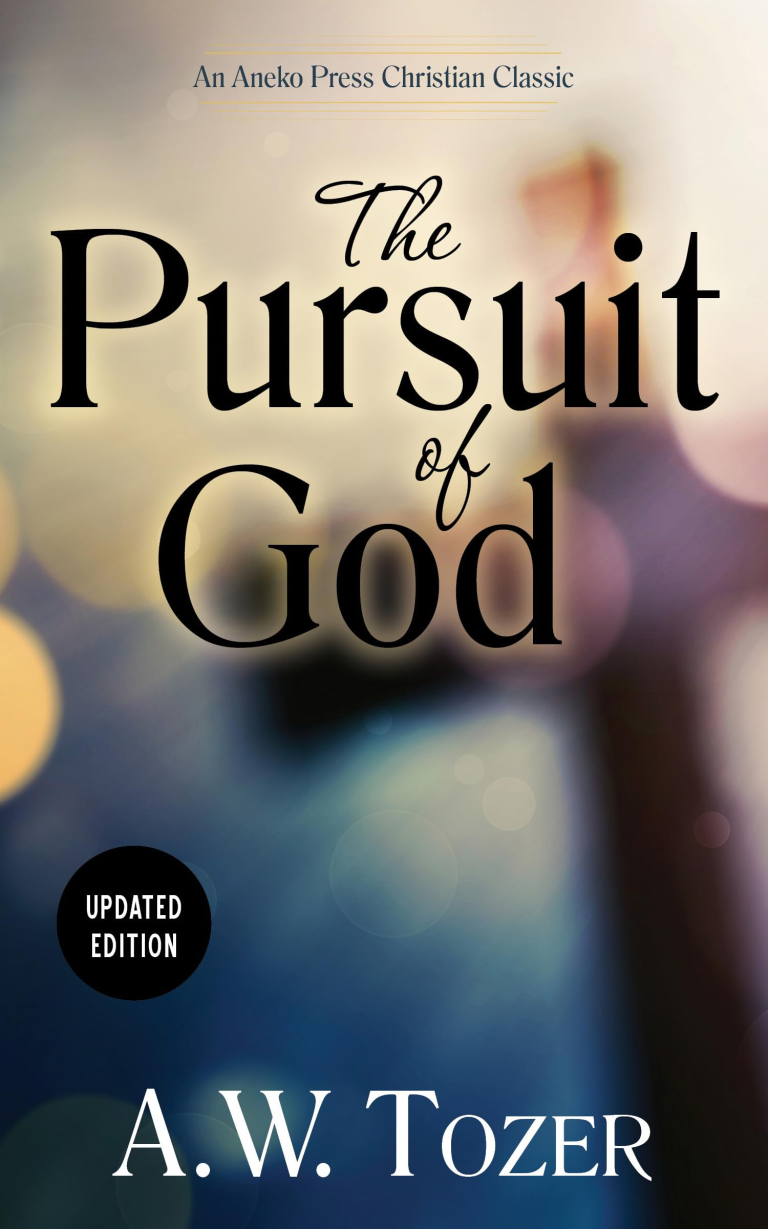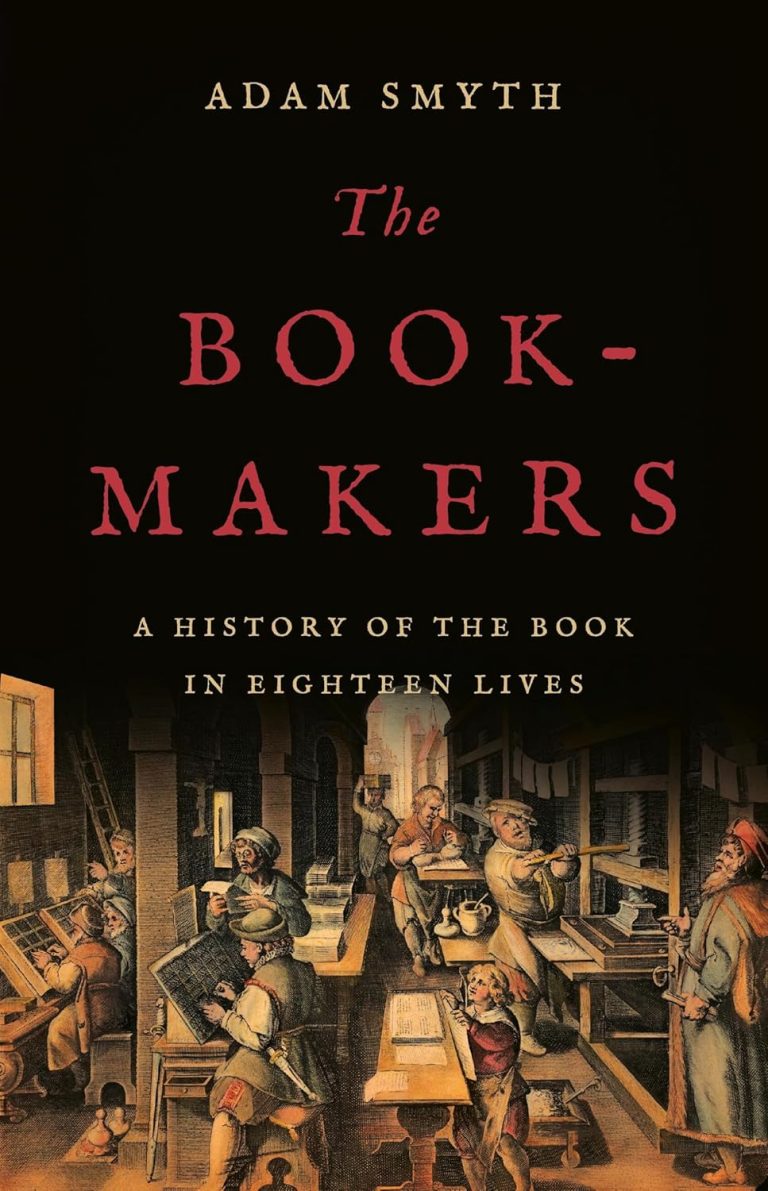Conceived by the Holy Spirit: The Virgin Birth in Scripture and Theology
Review of Conceived by the Holy Spirit by Rhyne R. Putman

I grew up in a family that adored Christmas. Every December, once school let out, my mom would take me and my little brother to a small town in west Tennessee to spend a couple of weeks with her side of the family. On Christmas Eve, we’d help close my granddad’s furniture store around noon. Then, we’d have a potluck lunch with his employees. After the church’s candlelight service, my aunts, uncles, cousins, and even second cousins would gather at my maternal grandparents’ house.
This was the Christmas of my childhood, adolescence, and early adulthood, a tradition I experienced every year for 22 years. Just thinking about it fills me with a flood of nostalgia and sentiment.
However, for me and many others, that nostalgia and sentiment are tinged with brokenness, pain, and loss. The most notable loss was my brother, who died of a drug overdose in March 2021. Before that, several important family members passed away: my mom’s father, the family patriarch, my paternal grandmother, and my mom’s younger sister. These losses have cast a shadow over, and in some ways, marred, the happy memories of my childhood Christmases.
For those of us who have endured such profound pain, how can we still find joy during the holiday season? How can we still cherish Christmas, despite the intense emotional distress we might feel at this time of year?
This is where Rhyne R. Putman’s book, Conceived by the Holy Spirit: The Virgin Birth in Scripture and Theology, offers some answers. The way to move past our hurt isn’t to ignore it or get stuck in it but to put our trust in the one who willingly entered into our pain and saved us from it.
In Conceived by the Holy Spirit: The Virgin Birth in Scripture and Theology, Rhyne Putman, the associate vice president of academic affairs at Williams Baptist University, defends the authenticity and importance of the virgin birth of Christ. He does this by carefully examining biblical texts and the historical context. He addresses both traditional and modern objections to the doctrine of the virgin birth, providing strong answers based on Scripture and logical reasoning.
The True Essence of Christmas
As Putman repeatedly shows, the work of the triune God in the incarnation of God the Son doesn’t overlook the impact of sin. Instead, it’s through this very work that Jesus confronts and overcomes the root cause and consequences of sin and death on our behalf.
The real meaning of Christmas is that the one true God, through the person and work of Jesus Christ, became human to free us from our troubles and restore us to our purpose: to live with God and glorify him forever. It’s this fundamental truth about God’s redemptive work for us that can stir up love in our hearts for celebrating Christ’s birth. Sorrows may still be there, but there’s hope. God has done what’s needed to redeem us from the effects of sin, no matter how far – reaching the curse may be. And this brings joy to the world.
As Putman puts it, “In advent and Christmas seasons, we have an opportunity to reflect on what God has done for us in the virgin – born king and what he will do for us in the future. We rehearse the OT story, reliving the expectation of Israel as we await the final consummation of God’s kingdom in Christ. At the heart of the Christmas story is a profoundly theological message about the triune God and his great salvation.”
Putman’s book is firmly rooted in the Bible and is theologically sound. It’s intellectually illuminating and highly readable. It’s not too complex for the average reader. Putman defines key terms and carefully analyzes biblical texts. He shows how different doctrines are interconnected and how a particular doctrine or exegetical insight can guide us to live a faithful life.
Rich Doctrinal and Exegetical Insights
The hope that comes from truly understanding Christmas is based on both Scripture and traditional Christian doctrines. The New Testament’s accounts of Christ’s miraculous conception, virgin birth, and childhood are the fulfillment of the Old Testament’s hopes. These hopes include the coming of the Messiah, the son of David, the heir of Abraham, and the offspring of the woman. They also include the restoration of the temple, the land, and the people of God. As Putman explains, “From Genesis to Revelation, we see that the birth of Jesus was not an arbitrary act of God—but an event that looked back to the garden of Eden and forward to the New Jerusalem.”
Moreover, this accurate, biblically – based, and theologically – informed understanding of Christ’s incarnation helps us develop a faithful Christology. Jesus is one person with two natures united hypostatically. He is fully human and fully divine. His two natures remain distinct, without being separated, divided, mixed, or altered during the incarnation. This gives us hope because only the God – man, who is truly God and truly man, can save us. As Putman sums it up, “The immortal and incorruptible Word took on mortality and corruptibility so that he might defeat them once and for all on our behalf.”
Putman’s blend of profound theological understanding and a comprehensive explanation of the biblical narrative is reminiscent of Athanasius, the master of Christmas theology in his work On the Incarnation [read TGC’s review]. In this sense, Putman shows that his ideas aren’t new. He skillfully weaves in material from the early church in his argument. He’s simply expressing for a new generation the same hope that Christmas has brought since Christ came into the world.
Christmas Hope in the Gospel
Conceived by the Holy Spirit is an excellent theological book. It’s academically rigorous, helping pastors and scholars better understand an important historical doctrine. But it’s also deeply devotional, leading readers to focus on Christ.
Most importantly, this book reminds us that because Jesus is God the Son incarnate, he was able to enter our broken world and heal it through his life, death, and resurrection. Jesus lived a perfect life that we couldn’t, died the death that we deserved, descended into the realm of the dead that we all face, and conquered death when he rose again. So, we have hope in the face of death and loss.
Christmas is a time to sing and celebrate the fact that, even though Jesus is veiled in human flesh, we can see the divine in him. He is the Incarnate Deity who brings peace on earth and reconciles God and sinners. He breaks the curse of sin wherever it exists and brings joy to the world. We can still love Christmas, even if holiday nostalgia brings back memories of difficult times. As Charles Wesley wrote in one of his classic hymns, Christmas is a time when we specifically remember that in the incarnation,
Christ by highest heav’n adored,
Christ the everlasting Lord;
Late in time behold Him come,
Offspring of a virgin’s womb…
Mild He lays His glory by,
Born that man no more may die;
Born to raise the sons of earth;
Born to give them second birth.





